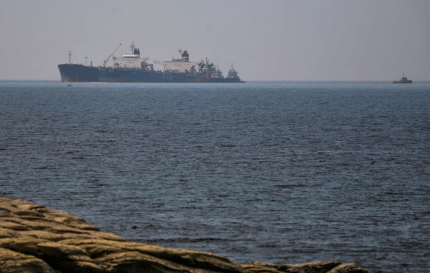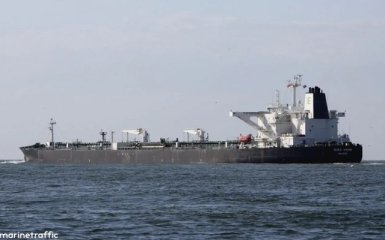The Greek Navy has continued naval exercises in the Gulf of Laconia for another 4 months, which is an attempt to prevent Russian transshipment of oil products in this area.
Points of attention
- Greece extends naval exercises in the Gulf of Laconia to hinder Russian transshipment of oil near its coast.
- Greek government's efforts lead to the redirection of Russian oil transshipment to other regions like the Mediterranean and off the coast of West Africa.
- The European Union plans to impose sanctions on Russia's 'shadow fleet' as part of its strategy to counter the circumvention of oil trade sanctions.
- EU member states face challenges in achieving unanimous approval for the sanctions due to the veto power of certain countries like Hungary.
- Sanctions are expected to target individuals involved in the oil trade, mirroring previous actions by the US, UK, and EU against tankers and services used for Russian oil transportation.
What is known about Greece's attempts to prevent Russia from transshipment of oil products near its own coast
It is noted that the military maneuvers, which were supposed to be completed on November 15, have now been extended until mid-March next year.
The Laconian Bay has become a place of constant transshipment of oil products by old tankers with a number of ships of the Russian shadow fleet.
In May, Athens announced that it would conduct naval exercises in the region, barring the passage of commercial vessels.

The government has previously said the exercises are aimed at stopping the transshipment of cargo, which the global shipping watchdog believes poses a threat to safety at sea.
As a result, transshipment of Russian oil moved to other places, in particular to the Mediterranean, Red Sea and near the coast of West Africa.
What is known about Russia's use of a shadow fleet to sell oil to circumvent sanctions
The European Union plans to introduce sanctions against the "shadow fleet" of Russia. Such restrictions will be included in the next package of sanctions.
The European Union plans to adopt a new package of sanctions against the Russian Federation by the end of the year: it will apply to the Russian "shadow fleet"
EU member states are still negotiating the details of the sanctions, as they must be approved unanimously. The publication points out that in recent months it has become increasingly difficult for the EU to approve sanctions packages, as Hungary often uses its veto power.
The package of sanctions is expected to include restrictions against individuals involved in the trade, as several rounds of US, UK and EU sanctions have already hit dozens of tankers, as well as ships and services used to transport Russian oil.




